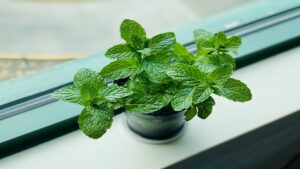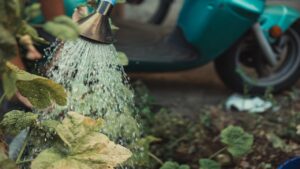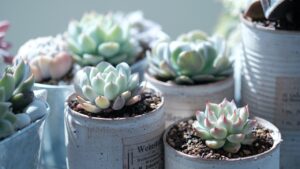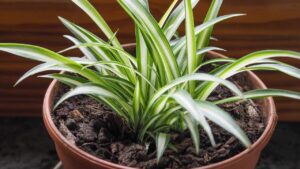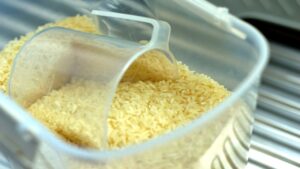The 5 Most Powerful Rooting Hormones to Prepare at Home
Many of us appreciate the positive impact of plants and strive to cultivate small gardens in our city apartments, bringing a touch of nature into our lives. We often use the propagation method of cuttings to obtain new seedlings without spending money. Today, I want to present 5 potent homemade rooting hormone solutions.
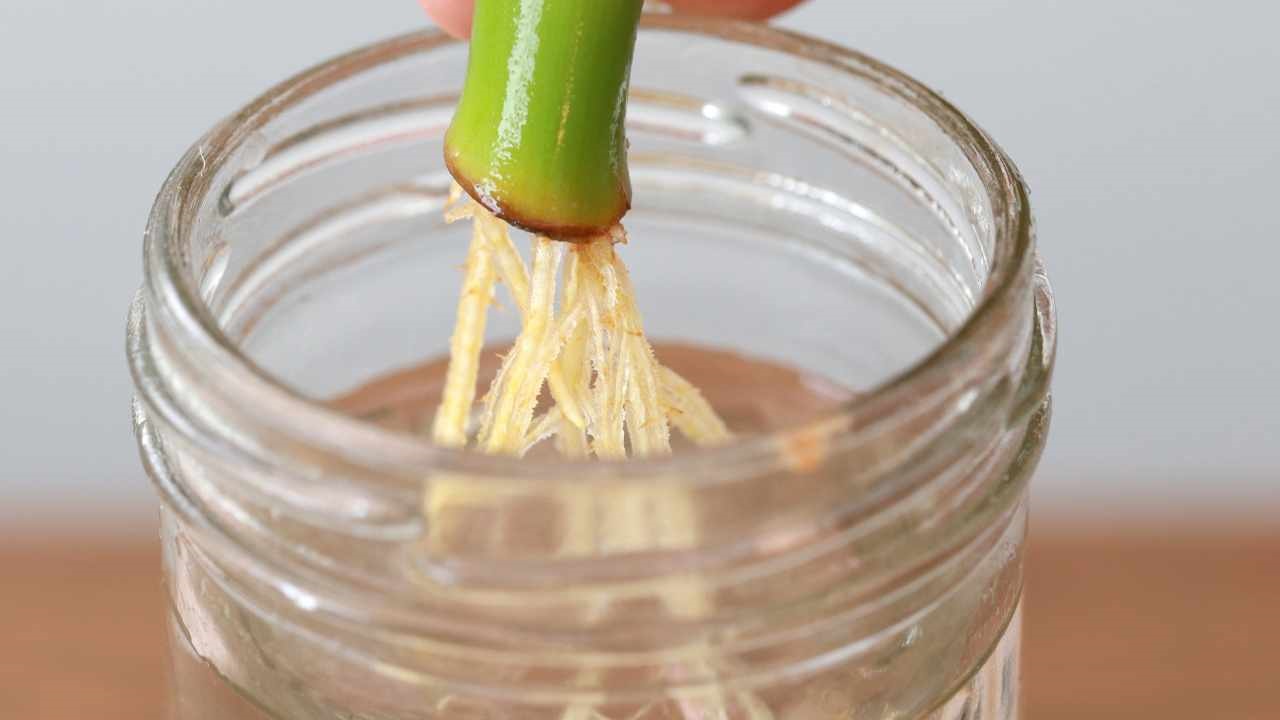
Rooting hormones can invigorate plant root cells, prompting the development of fresh roots or the strengthening of existing ones. This enhancement enables plants to establish themselves and grow more efficiently, making it easier for them to thrive and be divided from a mother plant. Creating your own homemade rooting hormones can be both an efficient and economical solution for encouraging robust plant root growth. Let’s explore these DIY solutions.
5 Natural Rooting Hormones
Honey is a natural food rich in vitamins, minerals, enzymes, and simple sugars. It is renowned for its antibacterial and antifungal properties. These qualities can help prevent and address soil infections that might impede root growth. To apply honey as a rooting hormone, trim the plant branch at a 45-degree angle, dip the lower portion in honey, and insert it into the container or soil.
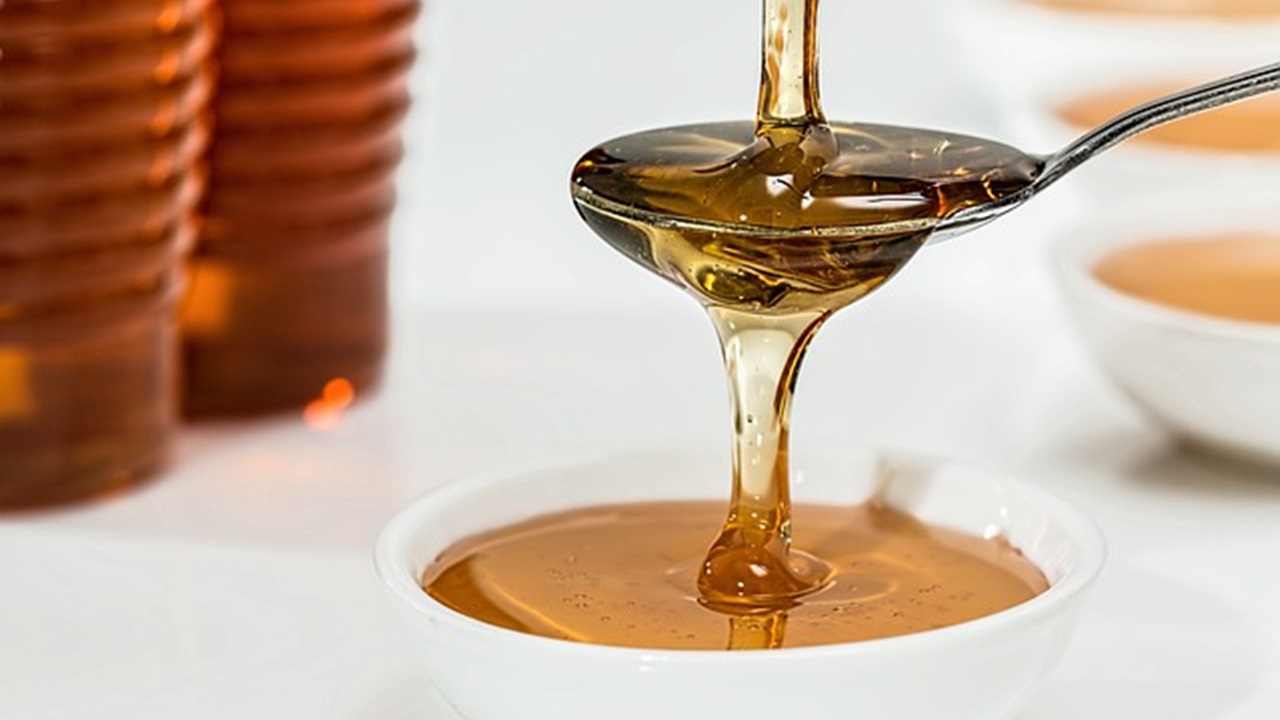
Cinnamon is an aromatic spice often used in cooking but has medicinal properties. It contains compounds like cinnamaldehyde that can facilitate plant root growth and discourage the growth of harmful fungi. The application method is the same as that used for honey.
Aloe is renowned for its healing and soothing qualities. Aloe vera gel is rich in vital nutrients like vitamins A, C, and E, crucial for plant growth. Simply rub the new shoots with aloe gel before planting, and you’re all set to go.

Lentils, known for their protein and starch content, can also stimulate plant roots’ growth. Soak a few spoonfuls of lentils in water, strain the liquid, and use it to dip the sprigs.
Finally, we have the vitamin C tablet, a joint supplement containing ascorbic acid, a vital form of vitamin C crucial for plant growth. Dissolve a tablet in a glass of water, submerge your sprigs, soak them for 15 minutes, and then plant them in the container or vase.
